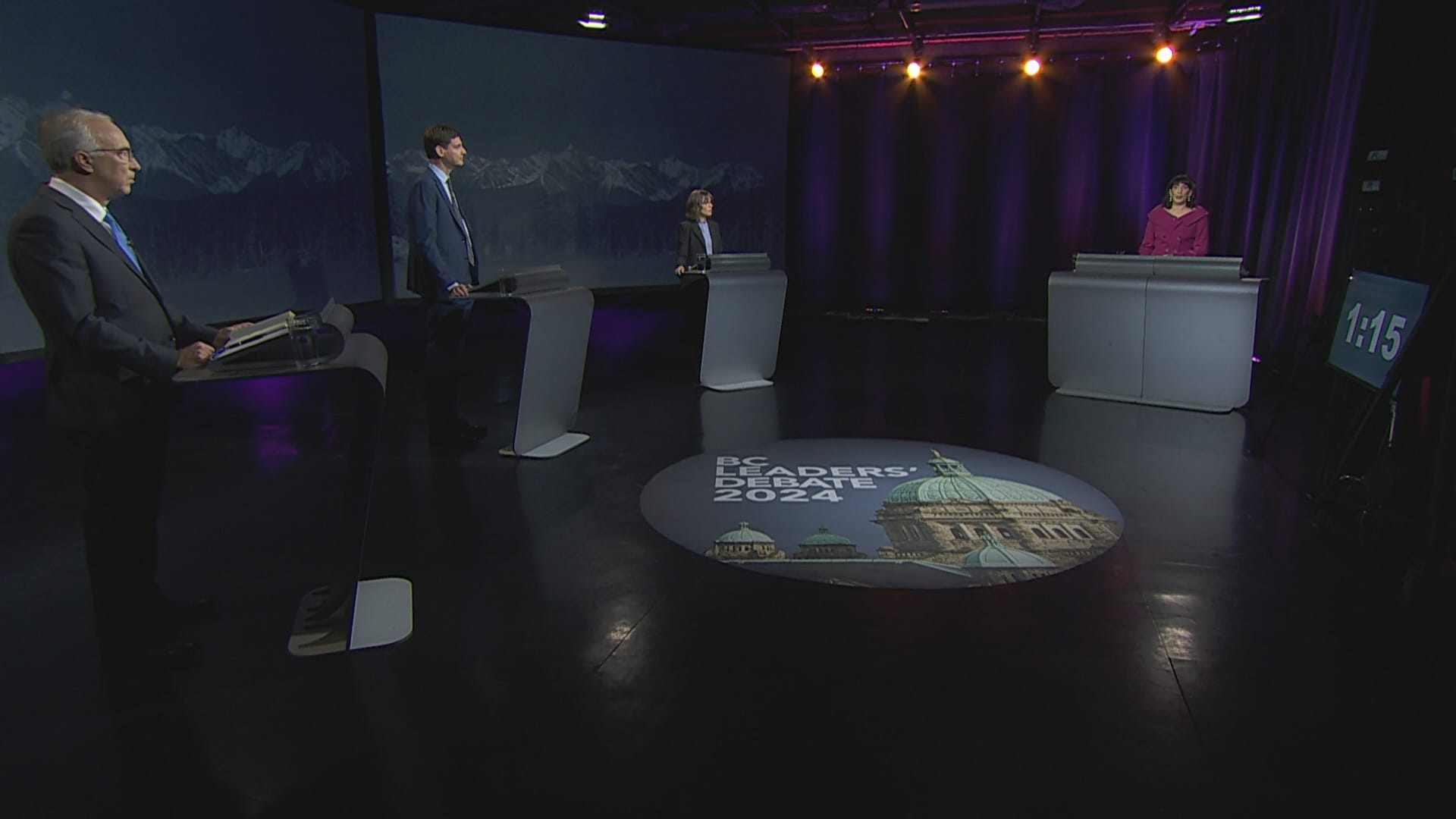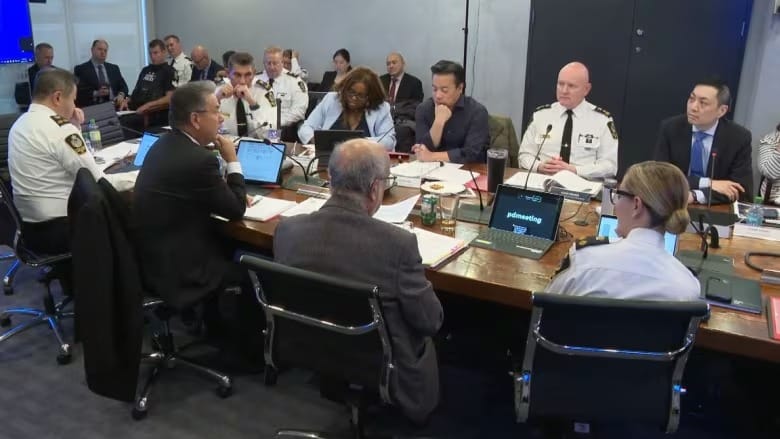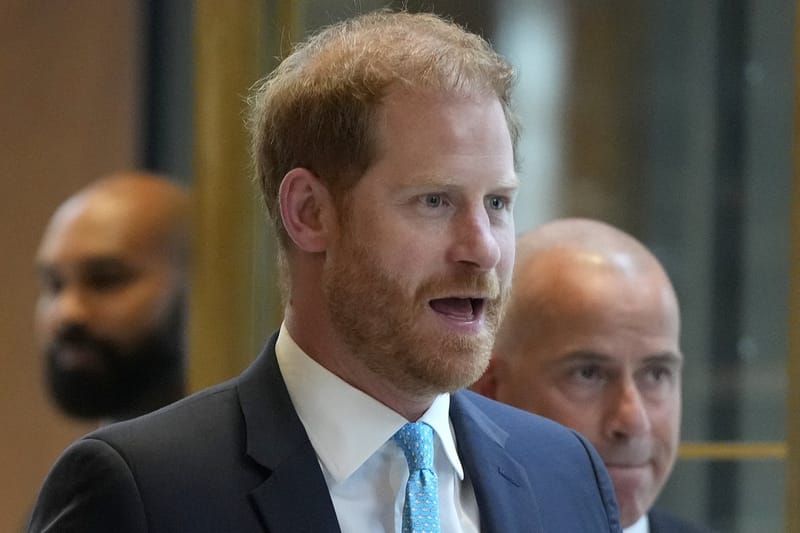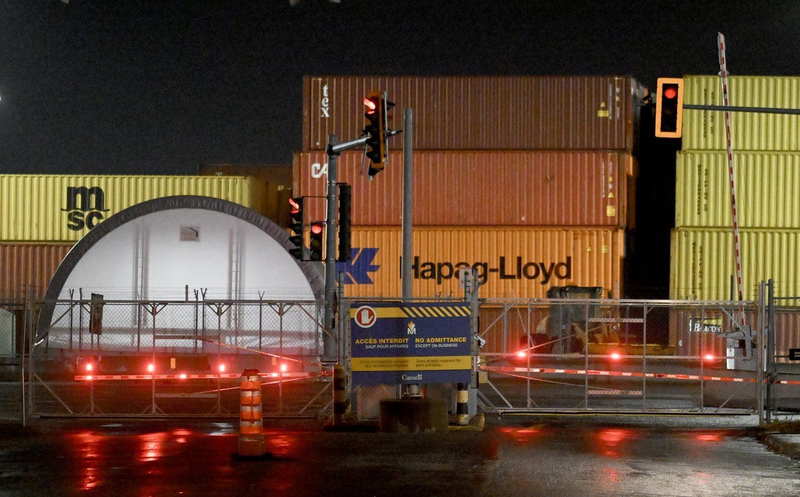BC Election: In the sole televised discussion, party leaders exchange heated words
The debate featured heated exchanges between the leaders, with Eby frequently challenging Rustad’s platform and past actions, while Rustad defended his positions and vowed to tackle key issues such as crime and housing through local collaboration.

During the only televised debate of British Columbia's election campaign, the leaders of the three main provincial parties—BC NDP Leader David Eby, BC Green Party Leader Sonia Furstenau, and BC Conservatives Leader John Rustad—engaged in a spirited 90-minute discussion on key issues facing the province.
Moderated by Angus Reid Institute president Shachi Kurl, the debate was held in Vancouver and covered a wide range of topics, with housing affordability taking center stage.
John Rustad clarified his stance on rent control, stating he would not remove rent caps and would work collaboratively with local governments, contrasting his approach with Eby's. Eby fired back, accusing Rustad of downplaying the premier’s responsibility in delivering affordable housing. He cited his government’s efforts to deliver 20,000 homes, while accusing Rustad of undermining these initiatives.
Furstenau emphasized her commitment to protecting low-income renters and criticized real estate investment trusts for driving up housing prices. She also tackled Rustad’s lack of a costed platform, with Eby echoing these concerns by criticizing Rustad's agenda as impractical.
The leaders also clashed over other pressing issues, such as the toxic drug crisis. Furstenau supported a regulated drug supply, aligning with the province’s top doctor, while Rustad focused on crime prevention, promising to re-establish a dedicated port police force to combat organized crime. Eby questioned the feasibility of Rustad’s law enforcement plans, particularly his stance on federal gun laws.
The debate featured heated exchanges between the leaders, with Eby frequently challenging Rustad’s platform and past actions, while Rustad defended his positions and vowed to tackle key issues such as crime and housing through local collaboration.
With advance voting set to open on October 10 and the provincial election scheduled for October 19, the debate provided a crucial platform for each leader to present their vision for the future of British Columbia.





